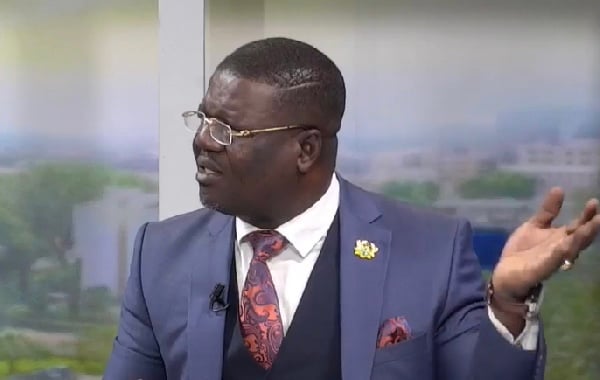The debate surrounding the publication of assets declared by public office holders in Ghana has intensified, with differing viewpoints emerging from key figures. Rockson-Nelson Dafeamekpor, the Majority Chief Whip and Member of Parliament for South Dayi, has publicly challenged the position of the Special Prosecutor, Kissi Agyebeng, who opposes the public disclosure of these declarations. Agyebeng argues that such a move would expose officials to unwarranted scrutiny and potential retaliatory actions. Dafeamekpor, however, contends that this stance contradicts the constitutional mandate for transparency and accountability. This disagreement highlights the ongoing tension between protecting individual privacy and ensuring public access to information regarding the financial interests of those in positions of power.
The crux of the matter lies in the interpretation and application of Article 286 of the 1992 Constitution, which mandates the declaration of assets by public officials. While the Constitution clearly stipulates the requirement for declaration, it remains silent on the issue of public access to these declarations. Agyebeng interprets this silence as justification for maintaining confidentiality, emphasizing the potential risks associated with public disclosure. He argues that making these declarations public could subject officials to undue public pressure, intrusive investigations, and even physical threats against their property. This, he believes, could deter qualified individuals from seeking public office and undermine the effectiveness of the asset declaration process.
Dafeamekpor, on the other hand, interprets the constitutional provision on asset declaration as inherently implying a right to public access. He argues that the very purpose of the declaration process is to promote transparency and accountability by allowing citizens to scrutinize the financial dealings of their elected officials. Without public access to this information, he contends, the entire process becomes meaningless and susceptible to manipulation. By keeping the declarations confidential, the public is deprived of the opportunity to identify potential conflicts of interest, illicit enrichment, or other forms of corruption.
The debate between Agyebeng and Dafeamekpor reflects a broader societal discussion about the balance between individual privacy and public accountability. While Agyebeng prioritizes the protection of public officials from potential harm, Dafeamekpor emphasizes the importance of transparency in fostering trust and ensuring integrity in public service. This fundamental difference in perspective underscores the need for a comprehensive review of the asset declaration framework to clarify the scope of public access and establish clear guidelines for handling sensitive information.
The implications of this debate extend beyond the immediate issue of asset declaration. It raises fundamental questions about the nature of democratic governance and the role of citizens in holding their leaders accountable. If public access to information about the financial interests of public officials is restricted, it could create an environment conducive to corruption and erode public trust in government institutions. On the other hand, if the privacy of public officials is unduly compromised, it could discourage qualified individuals from pursuing public service and hinder the effective functioning of government.
Finding a suitable balance between these competing interests is crucial for strengthening democratic institutions and promoting good governance. A potential solution could involve establishing a mechanism for controlled public access to asset declarations, with appropriate safeguards to protect the privacy of public officials. This could involve redacting sensitive personal information, providing aggregated data rather than individual declarations, or establishing an independent body to review and approve requests for access. Ultimately, the goal should be to enhance transparency and accountability without compromising the legitimate privacy concerns of public officials.


